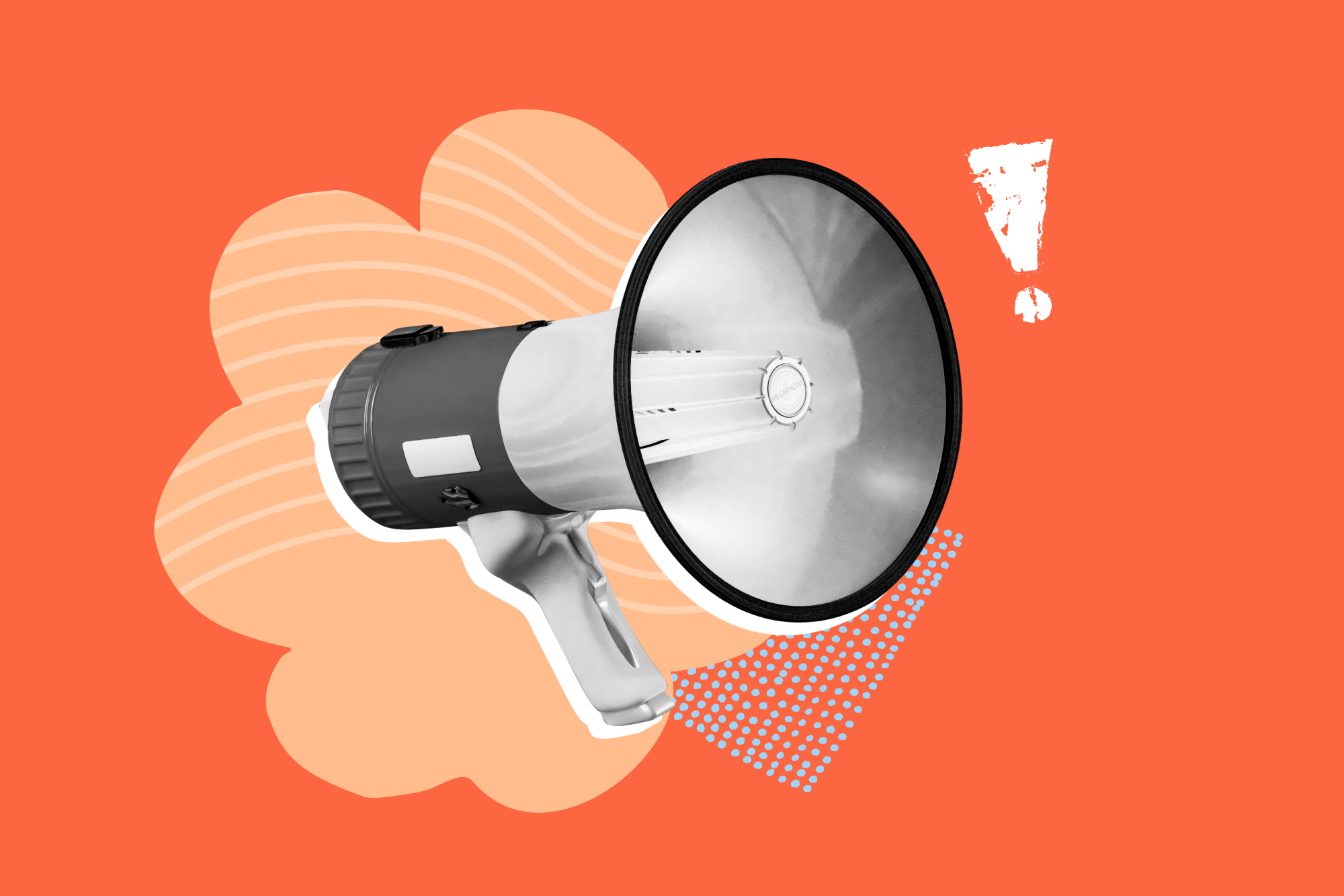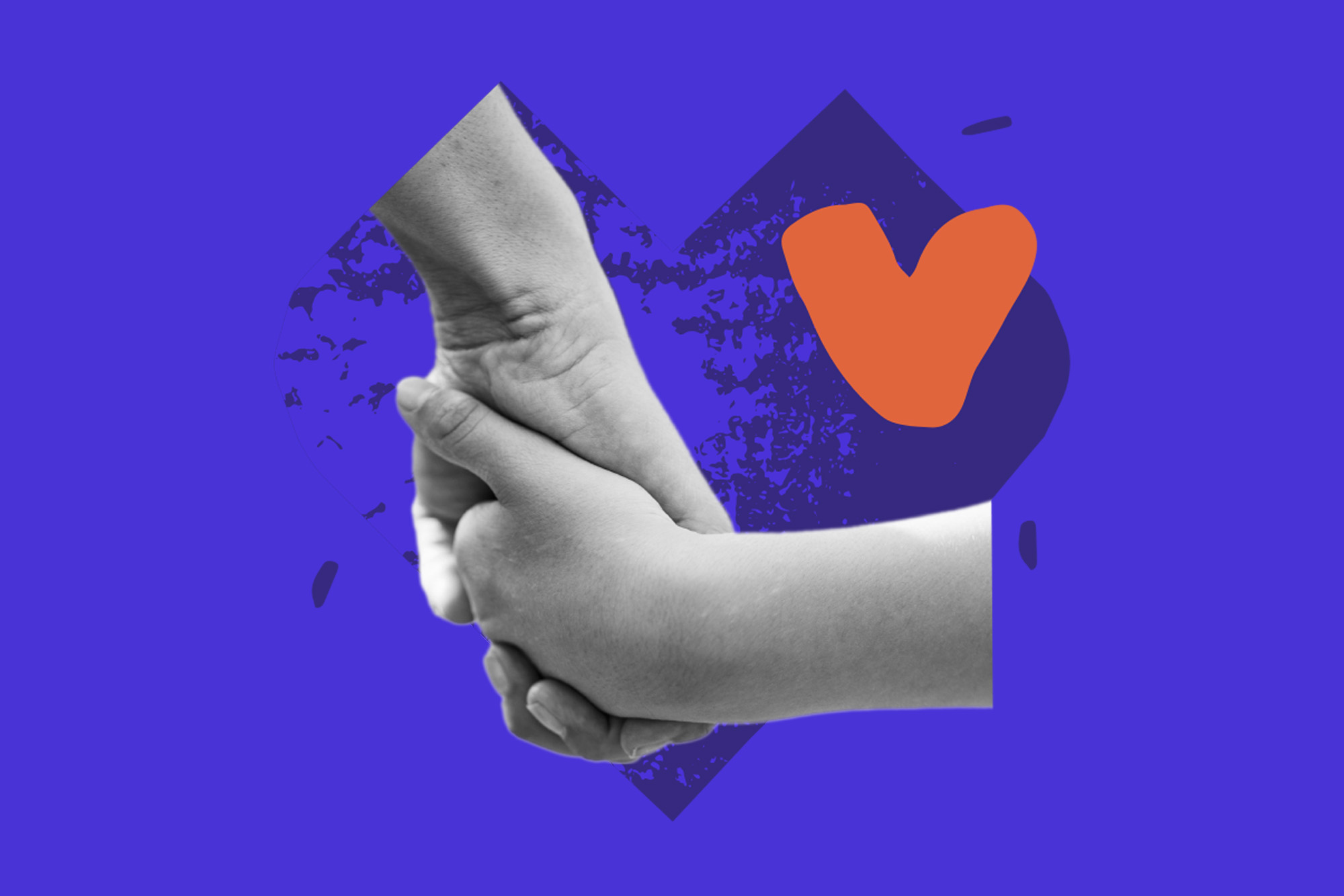Food Was Optional, Until It Couldn’t Be: Fatal’s Path to Healing
Published September 23, 2025 | Last Updated October 23, 2025

Before treatment, Fatal’s financial position caused her to make tough choices and she didn’t think much about food. “That was always last,” she said.
After some time of failing to prioritize her body’s needs, her eating disorder took a dangerous turn and she had no choice but to seek help. Living with multiple health conditions and little financial support, she faced the kind of impossible math no one should have to solve: how to afford recovery when you can barely afford groceries.
This is Fatal’s story about grit, grace, and what happens when just enough help arrives at the moment it’s needed most.
Recovery in Full Color: A New Chapter Begins
These days, Fatal walks through stores on her own. She dances. She bakes vegan treats. She laughs with friends and takes her dogs on walks through her neighborhood. She wears crop tops. She feels attractive in her own skin.
“I really am embracing how I look. It’s great.”

These moments may seem ordinary. But for someone who once went days without eating, who feared a single cupcake could undo everything, they feel like miracles.
And none of it would have been possible without help.
When she started intensive treatment, reality hit her hard:
“I started realizing this is a lot of food I have to buy myself. I can’t do it. I was freaking out that I wasn’t gonna be able to do the program. And WithAll was there.”
The Recovery Support Program grant made recovery possible. For someone who had always put food last because there simply wasn’t enough money, this time she didn’t have to choose between groceries and survival.
The Weight of the Past
Fatal’s eating disorder started early. As a child, food came with rules and fear. “My mother constantly harped on herself about eating specific things,” she recalled, “and forbade us from eating things like Little Debbie Snack Cakes.” Even olive oil was considered too much, so it was diluted before use.
By college, the disorder had taken a stronger hold. She graduated early, smart and ambitious, but deeply unwell. Her body grew smaller, and the praise rolled in. “I started to feel like I wasn’t in my own body anymore,” she said.
In her 30s, things got worse. She couldn’t afford treatment, and her parents refused to help. “I grew up believing that being sick meant I was ‘dirty’ or ‘sinful,’” she said. She made it work anyway by cobbling together support from grants, friends, and even calling her father from a bus to ask for $20 to get to treatment.
The first time she entered residential care, her dog was taken to a shelter, and she cried every day. She wasn’t ready. But the next time was different. “I focused on myself. I didn’t show up burnt out. It’s been a lot better. I feel sturdier now.”
Still, even with motivation, recovery demanded more than emotional strength. It required basic needs, like groceries. And that’s where WithAll stepped in.
The Recovery Continues, and So Can the Support
Recovery didn’t erase every challenge. Fatal still lives with chronic health conditions and a complicated past. But she’s building a life that includes art, movement, friendship, and moments of joy. And she’s doing it while embracing herself fully.
“I have energy now,” Fatal said. “That’s not something I had. Ever.”
The Recovery Support Program grant from WithAll helped make that possible. It offered stability in a storm, a moment of relief when everything else felt like too much. If you believe in that kind of transformation, we invite you to explore the many ways to get involved or donate.
Just $18 provides one day of groceries to someone with a life-threatening eating disorder. Donate today to help prevent eating disorders and support those in recovery. Your gift fuels our What to Say Initiative and Recovery Support Program.

